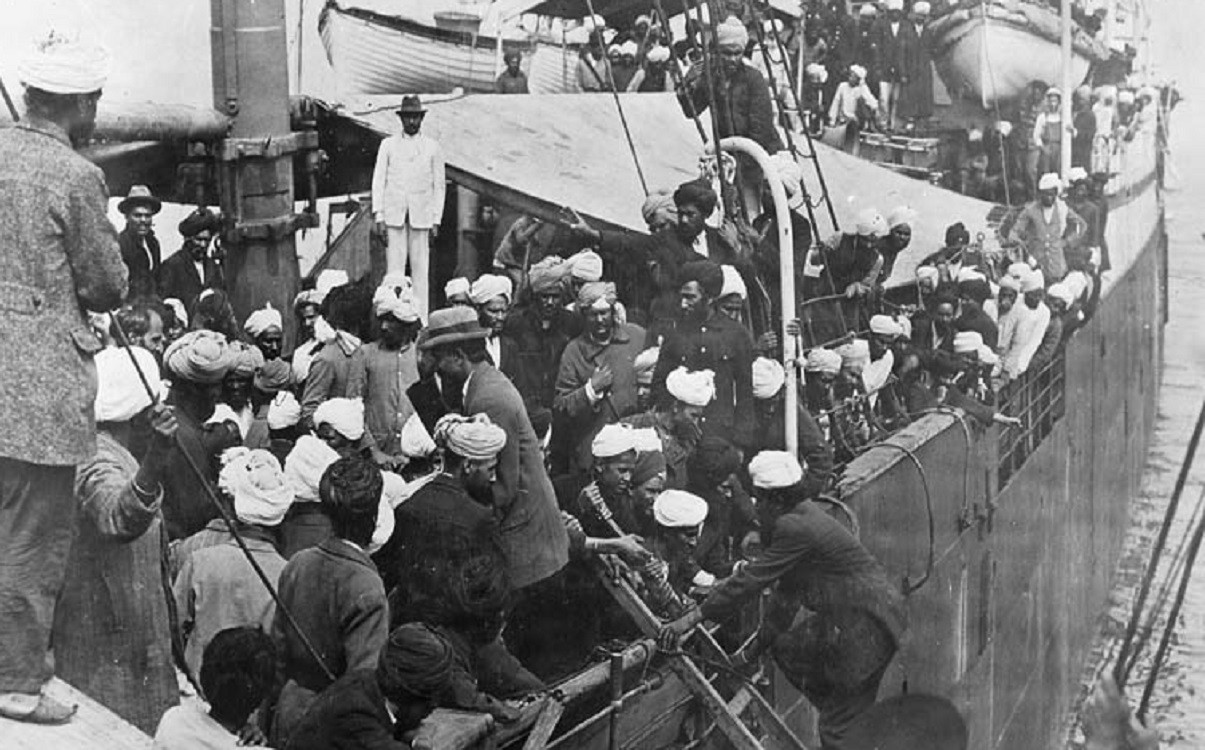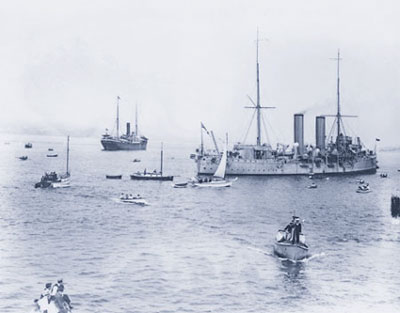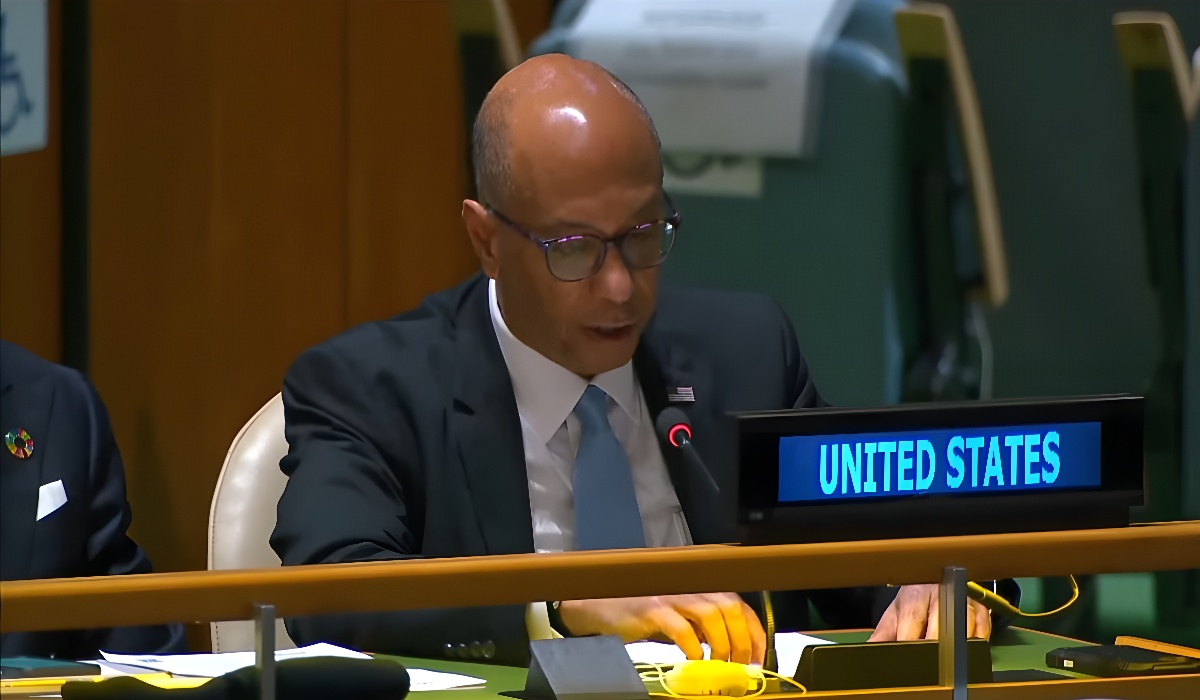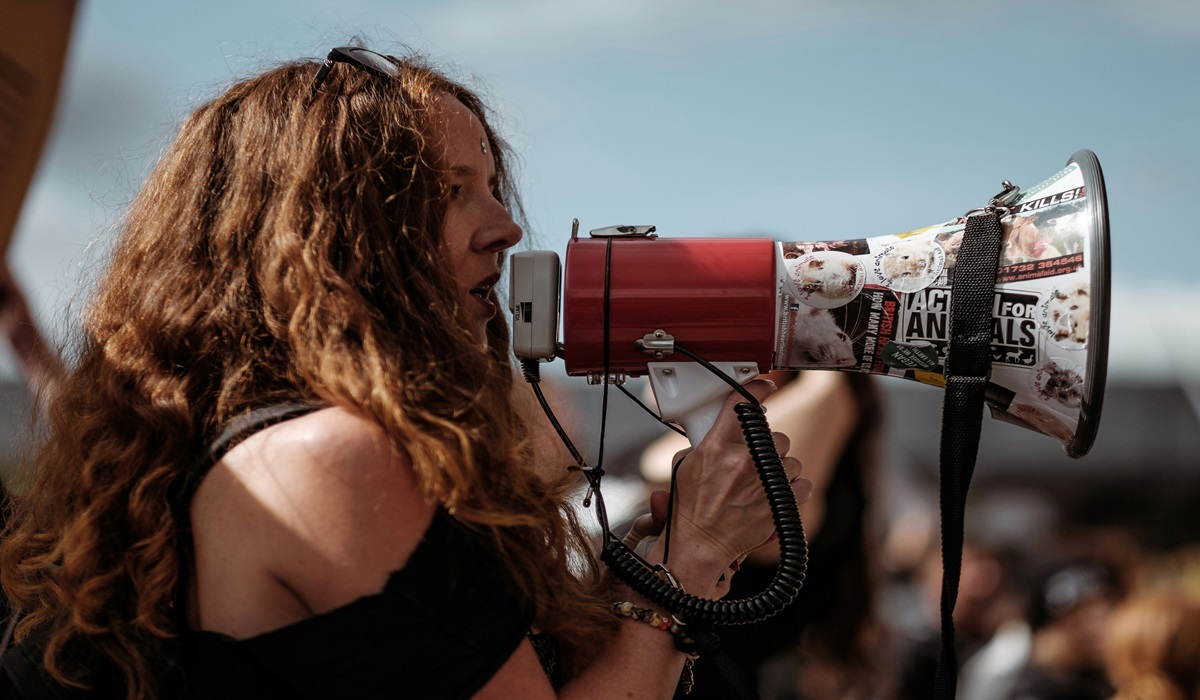May 23, marks over a century of the Komagata Maru incident
- TDS News
- Breaking News
- South Asia
- Western USA
- May 23, 2020

May 23, marks over a century of the Komagata Maru incident. 337 Sikhs, 27 Muslims and 12 Hindus, all Punjabis denied entry into Canada
The Komagata Maru incident involved the Japanese steamship Komagata Maru, on which a group of people from British India attempted to immigrate to Canada in 1914, but most were denied entry and forced to return to Budge Budge Calcutta (present-day Kolkata), India. There, the Indian Imperial Police attempted an arrest of the group leaders, a riot ensued and they were fired upon by the police, resulting in the deaths of 20 Sikhs.
Komagata Maru sailed from British Hong Kong, via Shanghai, China, and Yokohama, Japan, to Vancouver, British Columbia, Canada, in 1914, carrying 376 passengers from Punjab, British India. Of them, 24 were admitted to Canada, but the other 352 passengers were not allowed to disembark in Canada, and the ship was forced to return to India.
The passengers comprised 337 Sikhs, 27 Muslims and 12 Hindus, all Punjabis and British subjects. This was one of several incidents in the early 20th century in which exclusion laws in Canada and the United States were used to exclude immigrants of Asian origin.
The Canadian government’s first attempt to restrict immigration from British India was an Order in Council passed on January 8, 1908, that prohibited immigration of persons who “in the opinion of the Minister of the Interior” did not “come from the country of their birth or citizenship by a continuous journey and or through tickets purchased before leaving their country of their birth or nationality”.

In practice, this continuous journey regulation applied only to ships that began their voyage in India, as the great distance usually necessitated a stopover in Japan or Hawaii. These regulations came at a time when Canada was accepting huge numbers of immigrants, almost all of whom came from Europe. More than 400,000 arrived in 1913, an annual figure that has not been equaled since. Wiki
Today Canadian Prime Minister Justin Trudeau, issued the follow statement to mark the century of voyage to British Columbia.
“More than a century ago today, 376 passengers aboard the Komagata Maru steamship arrived in Vancouver. Like millions of immigrants coming to Canada before and since, these passengers came seeking better lives for their families.
“After a long journey from India, the majority of the passengers—who were Sikhs, Muslims, and Hindus of South Asian origin—were told they could not set foot on Canadian soil, due to the discriminatory laws of the time. They were refused entry and, for two months, were confined to the ship and denied regular access to food and water.
“Despite the efforts of local South Asian communities, the Canadian government of the day only allowed a few passengers into Canada and the rest were forced to return to India, where some were later killed and many others imprisoned.

“Four years ago, I stood in the House of Commons to apologize on behalf of the Government of Canada to all those whose lives were changed by this tragic event. While no words can fully erase their pain and suffering, we must learn from the mistakes of our past and make sure to never repeat them. The Komagata Maru incident continues to resonate in our history as a reminder to treat each other with respect, champion the rights of all, and embrace inclusion and respect for diversity as a great strength.
“Today, we remember the victims of this incident, and reflect on how much Canada has benefitted from the contributions of our South Asian communities and others who have come to this country and offered the best of who they are. We will always be proud of Canada’s diversity—we are strong not in spite of our differences, but because of them.” Prime Minister Justin Trudeau
Also, Worth Reading
Asians Being Racially Targeted For COVID-19 Pandemic








